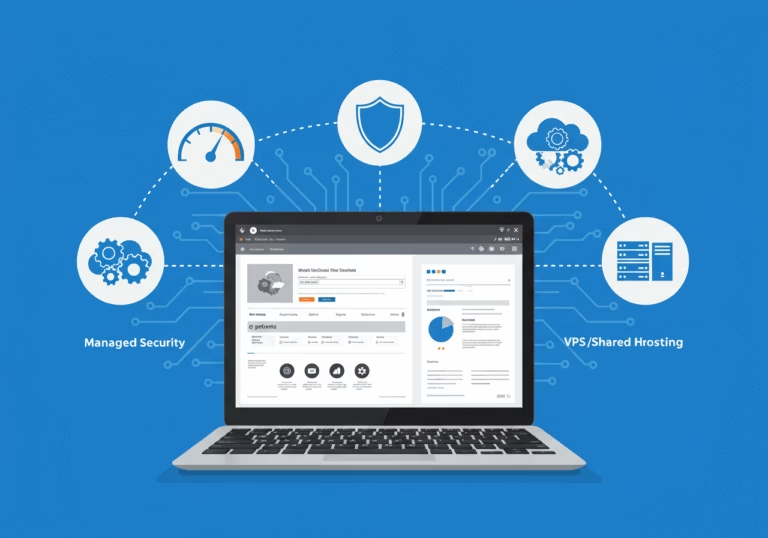
Zambia’s flourishing economy beckons entrepreneurs, both local and international. If you’re looking to tap into this potential, incorporating a company is the first step towards success. Here’s a breakdown of the process, requirements, benefits, and fees involved, incorporating the latest information from the Zambia Development Agency (ZDA) and a detailed breakdown of PACRA fees:
The Incorporation Process:
- Company Name Search and Reservation: Ensure your desired company name is available through the Patents and Companies Registration Agency (PACRA).
- Form Completion: Complete the necessary forms, including “Form 2: Application for Incorporation,” “Form 5: Declaration of Consent to act as a Director or Secretary,” and “Form 11: Declaration of compliance” (signed by a Commissioner of Oaths).
- Submission and Fees: Submit the completed forms and pay the registration fees to PACRA. Fees vary depending on the company type (private, public) and authorized share capital. Expect them to range from ZMW 15,000 (approximately USD 1,000) for a simple private limited company to higher amounts for more complex structures.
- Certificate of Incorporation: Upon successful registration, PACRA will issue a Certificate of Incorporation, officially recognizing your company’s existence.
- Additional Registrations: Depending on your business activity, you might need additional registrations with:
Requirements for Different Investor Types:
- Local Investors & Individuals: One shareholder and one director (can be the same person) with Zambian residency are required.
- International Investors: Minimum of two shareholders and one director (can be a resident or non-resident). Foreign companies can register a branch office in Zambia.
Benefits of Company Incorporation:
- Limited Liability: Protects personal assets from business debts.
- Enhanced Credibility: Projects a professional image and facilitates business dealings.
- Access to Funding: Easier to secure loans and attract investors.
- Tax Advantages: Potential for tax benefits depending on the company structure and industry.
Fees to Consider:
- Company Registration Fees: As mentioned earlier, these vary depending on company type and authorized capital. Here’s a detailed breakdown from PACRA’s website (link provided): [https://www.pacra.org.zm/?page_id=1103] (Please note: Fee amounts are subject to change. Refer to the PACRA website for the latest information.)
- Annual Return Fees: Annual fees are payable to PACRA to maintain company registration.
- Professional Fees: Consider seeking legal and accounting assistance for a smooth incorporation process.
- Taxation: Businesses are subject to corporate income tax and other relevant taxes based on their activities and profits.
A Step-by-Step Guide for Starting Your Business (Source: Zambia Development Agency):
- Check the Company Name for Uniqueness: You can now conveniently check the uniqueness of your desired company name online through PACRA.
- The Declaration of Compliance (Form 11) Must Be Signed by a Commissioner of Oaths.
- Register the Company: Registration is done with PACRA. The specific forms required and fees may vary depending on whether you’re registering a local company, a branch of a foreign company, or another business structure.
- Obtain a Tax ID Number: Register with the Zambia Revenue Authority (ZRA) and obtain a tax identification number.
- Register for Social Security: Register with the National Pension Scheme Authority (NAPSA).
- Pay Business Levy: Pay the required business levy to the relevant local authority (e.g., Lusaka City Council).
- Register for VAT (Optional): Register for a Value Added Tax (VAT) tax number with the ZRA if your business meets the registration threshold.
- Get an Investment Registration Certificate (Optional): Obtain an investment registration certificate from the Zambia Development Agency (ZDA) if your investment exceeds $250,000.
- Open a Bank Account: Open a bank account with a commercial bank after obtaining your foreign taxpayer registration ID.
- Obtain Specific Licenses and Permits (as applicable): Depending on your industry and business activities, you might require additional licenses and permits like health clearances, food hygiene licenses, fire clearance certificates, business permits, excisable goods licenses (for dealing with excisable goods), and others.
Additional Considerations for Startups, SMEs, and Individuals:
- Startups and SMEs: Explore potential government incentives and programs designed to support small businesses.
Resources for Further Information:
- Patents and Companies Registration Agency (PACRA): https://www.pacra.org.zm/
- Zambia Development Agency (ZDA): http://www.zda.org.zm/



